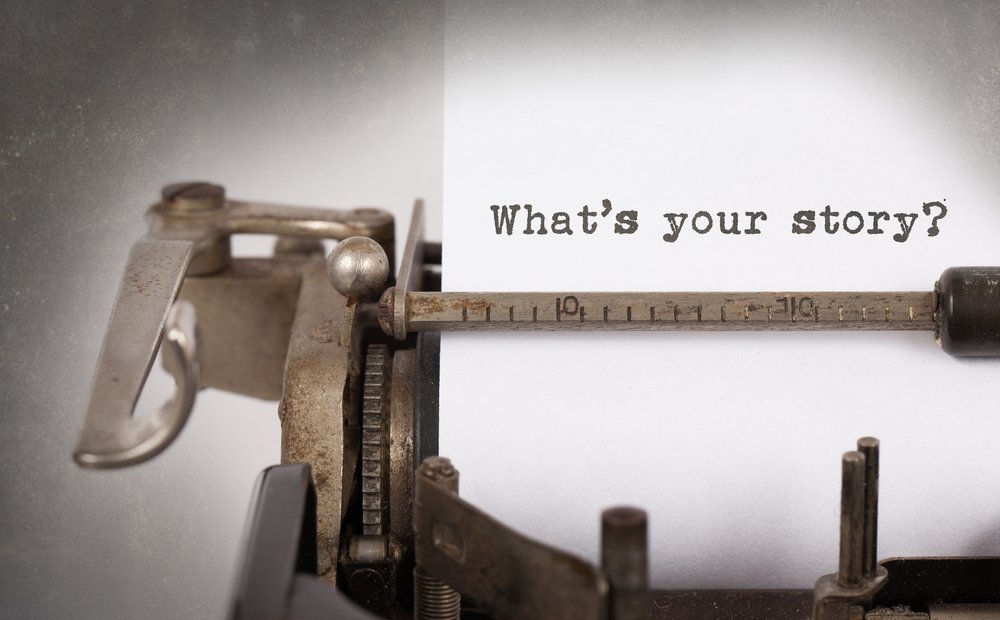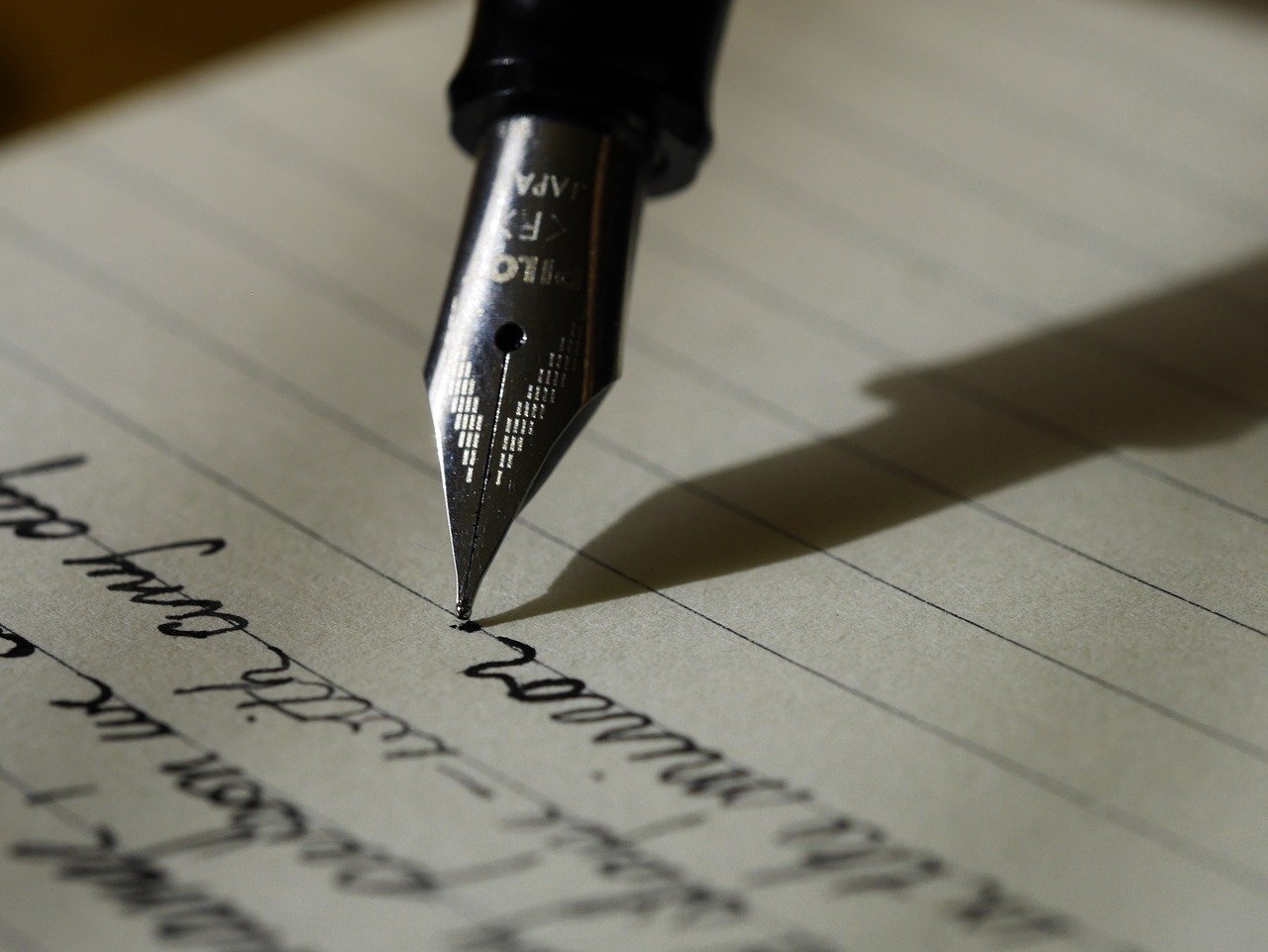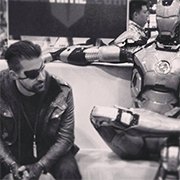Some of the best advice I've collected while in school for screenwriting. From teachers, industry friends, books, lectures, and personal experience.

- First Drafts won't stop being garbage until after you've finished them. You have to finish them.
- You must read Aristotle's Poetics. This advice came from both my screenwriting professor and Aaron Sorkin. The book is phenomenal. Aristotle was particularly good at boiling information to their fundamental principles; that's what makes this book such a powerful tool. They are the universal rules of drama. (If you have trouble getting through the original, there's a version specifically for screenwriters.)
- Even if you want to direct, write like you're a screenwriter. Keep the camera angles and direction out. Write the best story you can, without all the of cameras, cuts, and unnecessary voice overs.
- More time on structure means less time writing. This advice you will find in a variety of screenwriting books, for good reason. There are multitudes of ways to plan a screenplay, choose one and work it. It's fun to put pen to paper, but better planning will save you time and frustration in the long run. If it's your first screenplay and you've been stuck planning forever, just write the first draft. Figure out what you could have planned better when it's finished.

- Everybody has a reason to live. Awesome advice from Joss Whedon: "Everybody has a perspective. Everybody in your scene, including the thug flanking your bad guy, has a reason. They have their own voice, their identity, their history. If anyone speaks in such a way that they’re just setting up the next person’s lines, then you don’t get dialogue: you get soundbites. Not everybody has to be funny; not everybody has to be cute; not everybody has to be delightful, and not everybody has to speak, but if you don’t know who everybody is and why they’re there, why they’re feeling what they’re feeling and why they’re doing what they’re doing, then you’re in trouble."
- Read each character's lines out loud and individually. For example, Let's say you had a character named Mary in your screenplay. Sit down and read only Mary's lines out loud, one-by-one. Analyze them. What is she saying? What point is she making? Does she ask questions? Make statements?
- Don't be lazy. If a scene or a line doesn't work and you aren't under a severe time constraint - work out a better one. Fire up your imagination; push yourself.
- Don't be lazy. You probably don't need to use bold lettering, an underline or italics. Think of a way to rewrite the scene or line without them. Check out some of Jon Spaiht's screenplays to see some elegant modern screenwriting, with minimal caps, bolds, underlines, and italics.

- Test your ideas. A friend who is a development exec at Disney shared this great piece of advice with me: "When you come up with a concept for a screenplay, test it by writing 50 ideas about the story - if you're finding it hard to come up with 50 then it might not be a worthwhile concept, or you have more work to do finding the story."
- Screenplay structure is your friend. Many people feel bogged down by the different structures that exist for writing screenplays. Take it as a creative challenge, not a limiting factor. Ask yourself, "Can I write a great screenplay that follows these rules?"
- If you don't have a time constraint, give yourself one. "Work expands so as to fill the time available for its completion" is called Parkinson's Law. Give yourself a deadline for the first draft, you don't want to be the guy who's been working on the same screenplay for twenty-plus years.
- Making a monster. Junot Diaz wrote: "If you want to make a human being into a monster, deny them, at the cultural level, any reflection of themselves."
- You will learn more lessons from finishing your first screenplay, than you will from editing it indefinitely.
- Keep writing. Keep Creating.

